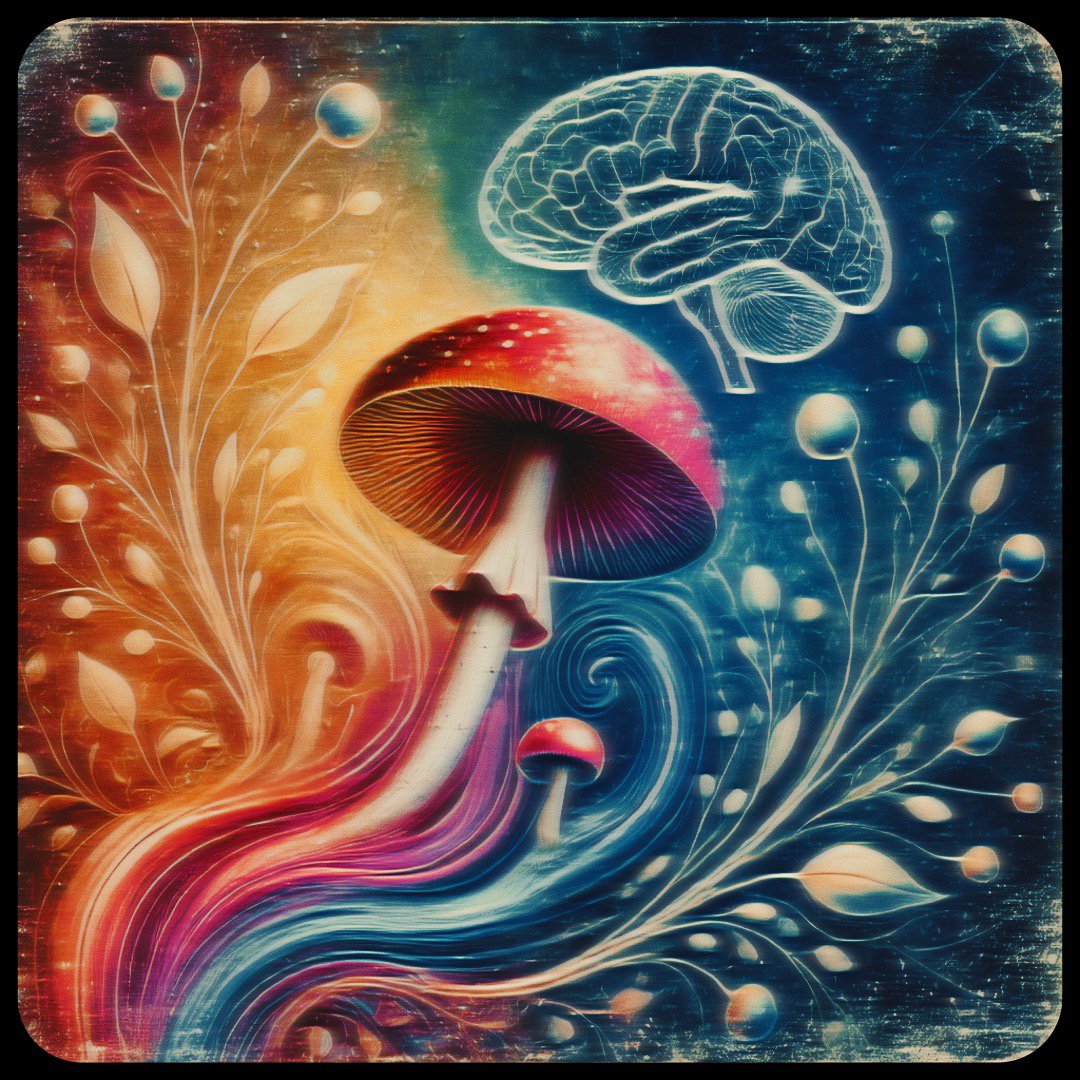Exploring the Case for Legalizing Medicinal Psychedelics
Discover the therapeutic potential, economic benefits, and regulatory challenges of legalizing medicinal psychedelics in this comprehensive exploration.
As conversations around psychedelics shift from counterculture to clinical, the potential of these substances for therapeutic use remains both promising and contentious.
Just last night, Massachusetts rejected a bid to advance psychedelic legislation, spotlighting the uphill battle that advocates face in bringing these substances into mainstream medical use.
This decision underscores a critical debate happening not just in Massachusetts but nationwide: should psychedelics, long demonized as dangerous and fringe, be reconsidered for their potential to treat conditions like PTSD, depression, and anxiety?
A Journey from Ancient Use to Modern Medicine
Psychedelics have a deep-rooted history that spans cultures and continents. Ancient societies often turned to psychedelics like psilocybin (found in certain mushrooms) and ayahuasca for healing, spiritual rituals, and cultural rites of passage.
Indigenous communities, especially in the Americas, have long understood the mind-expanding and healing properties of these plants. However, in modern times, psychedelics saw a brief scientific renaissance in the 1950s and ’60s when researchers explored their therapeutic potential for treating psychological disorders.
The momentum halted abruptly with the passing of the Controlled Substances Act of 1970, which classified psychedelics as Schedule I drugs, effectively ending legitimate research and creating a new cultural stigma.
This shift, part of the broader War on Drugs, shaped public perception for decades, casting psychedelics in a shadow that is only now beginning to lift.
A Shifting Legal Landscape
The regulatory environment around psychedelics is evolving, though slowly and unevenly. Today, two main frameworks are being discussed: decriminalization, which reduces or eliminates criminal penalties for possession and use, and legalization, which establishes a regulated market. Each approach has its own set of implications and challenges.
States are leading the charge in psychedelic reform, notably Oregon and Colorado. In 2020, Oregon’s Measure 109 legalized psilocybin for supervised therapeutic use, while Measure 110 decriminalized the possession of small amounts of all drugs.
Colorado’s Proposition 122, passed in 2022, followed a similar path, allowing access to certain psychedelics under a therapeutic model. Meanwhile, federal laws remain rigid, with psychedelics classified as Schedule I, denoting no recognized medical use and a high potential for abuse. However, growing research and state-level changes hint at potential federal reevaluation.
Therapeutic Benefits: An Untapped Resource
Psychedelics have shown significant promise in mental health treatment, particularly in areas where traditional therapies fall short. Clinical studies have documented impressive results in patients with treatment-resistant depression, PTSD, anxiety, and addiction.
For instance, psilocybin has been shown to reduce symptoms of depression and anxiety, sometimes with effects lasting for months after a single treatment. MDMA-assisted therapy, currently in Phase III clinical trials, has been exceptionally effective in helping individuals with PTSD, a breakthrough that could lead to FDA approval.
The mechanisms behind these therapeutic effects are complex. Psychedelics seem to disrupt patterns of thought, allowing for new perspectives and insights, especially in the realm of traumatic memories and ingrained fears.
Economic Potential of a New Industry
The economic benefits of legalizing medicinal psychedelics extend beyond therapeutic applications. As seen in the cannabis industry, legalization could lead to substantial tax revenues and job creation. Estimates suggest that a legalized psychedelic industry could generate billions in revenue, providing funds that could be reinvested into public health and education.
In addition to direct revenue, the creation of psychedelic treatment centers and supporting industries would lead to job growth, from trained facilitators and therapists to researchers and educators.
Social and Ethical Considerations
The push for legalization brings complex social and ethical questions. Advocates stress the importance of public health and safety, urging that psychedelics be administered in controlled, therapeutic settings to minimize risks of misuse.
Studies show that psychedelics can be safe when used responsibly, but widespread, unsupervised use could lead to negative outcomes, especially for individuals with certain mental health conditions.
Navigating Regulatory and Policy Challenges
Establishing a regulatory framework for medicinal psychedelics will be a complex task. Policymakers can look to cannabis legalization for guidance, learning from both successes and challenges. Standards for safety, potency, dosage, and facility licensing will be crucial to protect patients and ensure effective treatment.
Additionally, states that legalize psychedelics will face federal conflicts, as these substances remain illegal under federal law. Navigating these conflicts will require legal innovation and political will, perhaps even prompting federal reevaluation if enough states follow suit.
Learning from Cannabis and Global Perspectives
The parallels between cannabis and psychedelics legalization offer valuable lessons. Cannabis has shown that regulatory oversight can provide safer, more effective products while generating tax revenue and reducing criminal penalties.
However, challenges remain, including issues with banking access and inconsistent federal and state policies. Psychedelics could face similar obstacles, but with careful planning, these can be anticipated and mitigated.
Looking beyond the U.S., other countries have taken progressive stances on psychedelics. In Brazil, ayahuasca is legal for religious ceremonies, while Portugal’s decriminalization policies provide a successful model of harm reduction.
Moving Toward an Informed Future
The conversation around psychedelics has transformed from hushed taboo to open dialogue, signaling a promising shift in public perception and policy. Psychedelics offer unprecedented therapeutic potential for mental health conditions that have remained resistant to conventional treatments, while legalization could create economic growth and reduce the burden on the criminal justice system.
The journey toward legalizing medicinal psychedelics is not without its challenges, but with a well-crafted framework, these substances could become a valuable part of the mental health toolkit, helping individuals achieve healing and growth.

